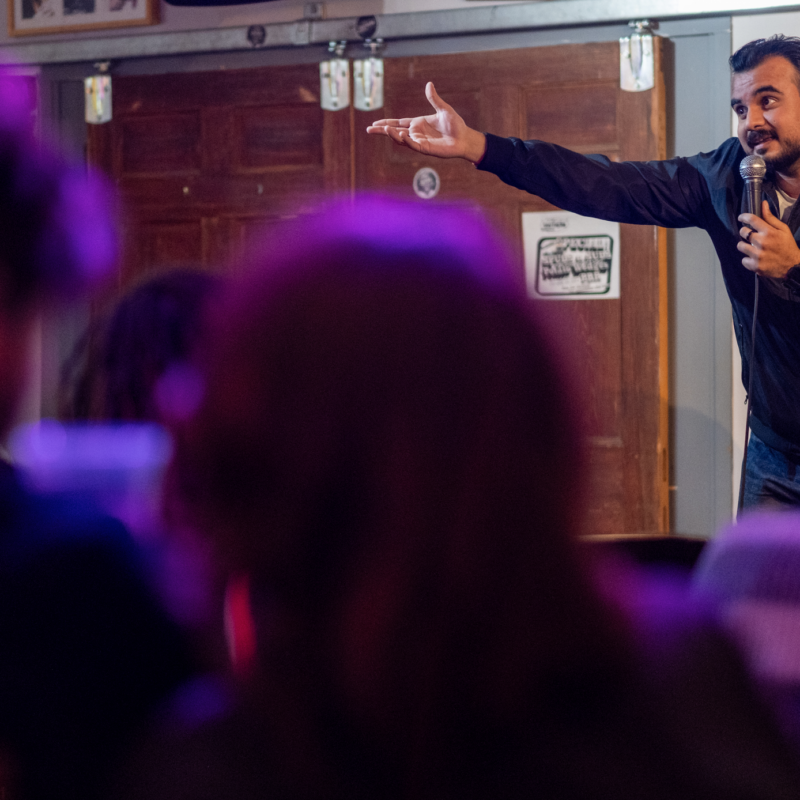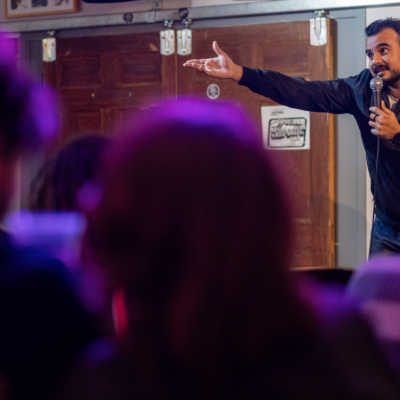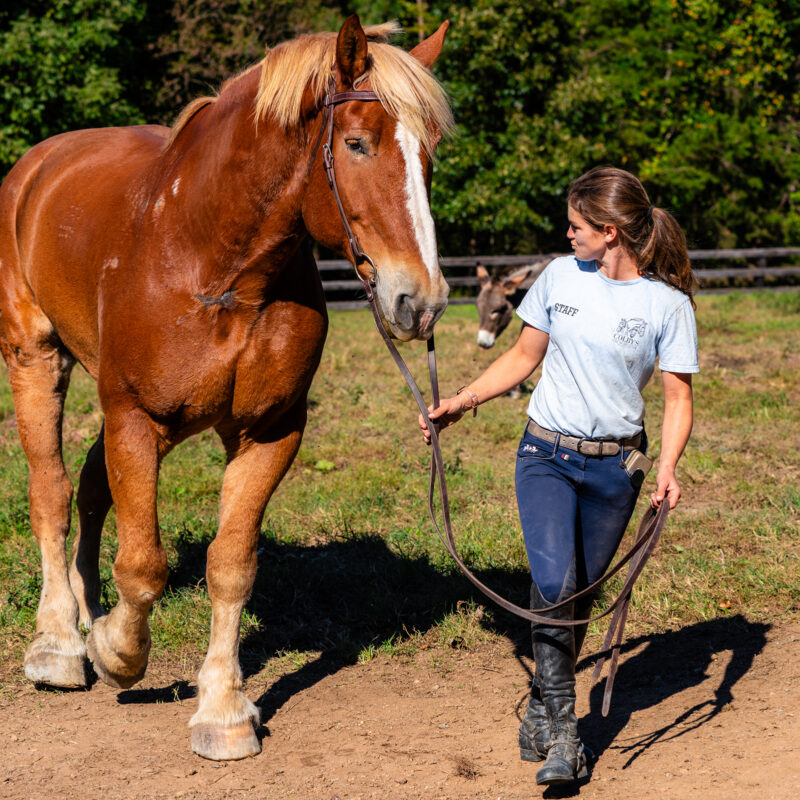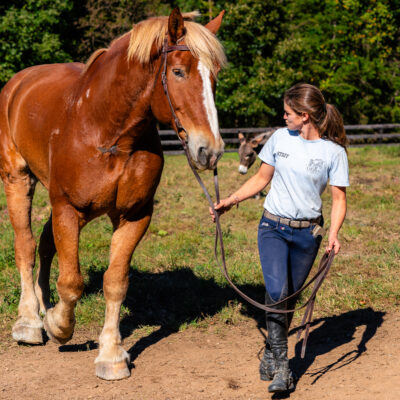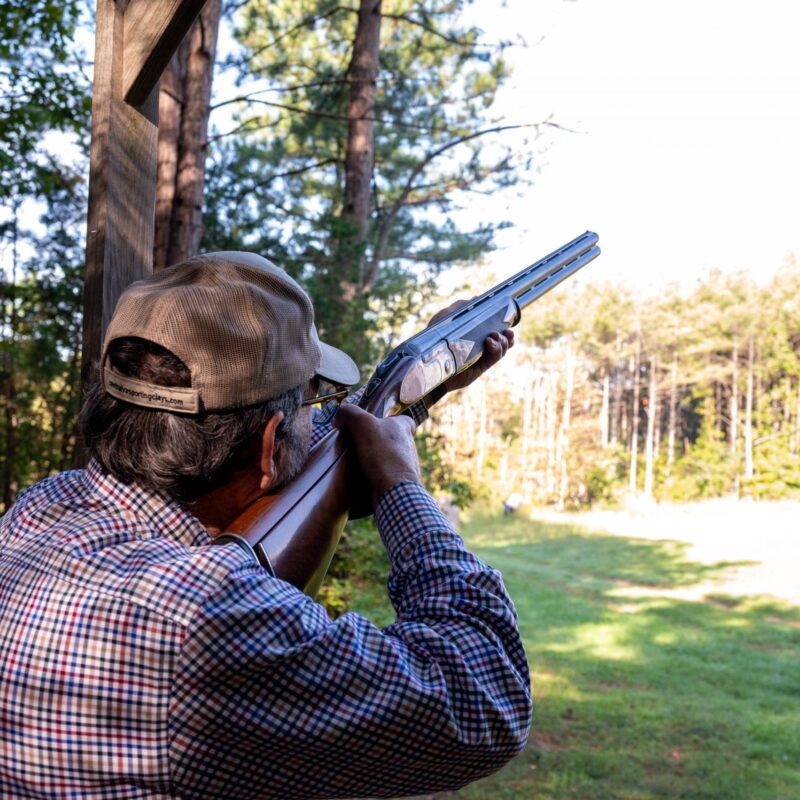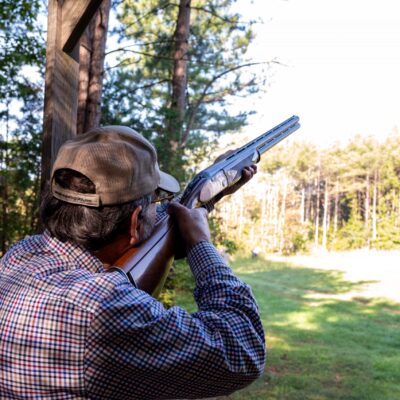I have written before that the best way to start learning about wine is to read the words on the label—types of grape, place names, vintage. These words matter, which accounts for my annoyance when people refer to sparkling wines from Virginia or Spain as “Champagne” though Champagne is a region in France. But is it possible to take this obsession with what’s written on the label too far? A recent web article from Wines & Vines magazine highlights a new development in the War on Words that brings the issue to absurd lengths, threatening not only business but how we use language itself.
Here’s the deal. In 2006 the United States and the European Union signed a wine trade agreement that stipulated, among many other things, that the U.S. could use certain traditional European wine terms on its labels for three years, after which permission could be yanked pending a new agreement. And that is exactly what happened. As of March 10, any American wine that uses one of the 14 terms, among them “chateau,” on its label will no longer be imported into the EU. Chateau, the French word for a fancy house, is used by 60 wineries in our country, including three in Virginia. For Floyd County’s Chateau Morrisette, being banned in Europe isn’t much of a blow, but for major California wineries like Bottle Shock star Chateau Montelena, this means a serious loss of business.
But, for a Virginia wine fan like myself, it’s not the possible loss of revenue in Napa Valley that bothers me about all this. It’s the decline in the value of words to an almost meaningless level. The now forbidden terms are referred to as “traditional expressions,” yet most of them are so basic to wine and sometimes daily life that it’s hard to see what’s being defended. When an American winery uses the word Champagne, or refers to its Chardonnay as Chablis, the terms lose their specific meaning. The banned words, on the other hand, denote general meaning. France’s Chateau Lafite loses nothing when placed on the shelf next to Virginia’s Chateau O’Brian. “Champagne” tells you something important about a wine; “Chateau” doesn’t.
Other banned terms, such as “sur lie” and “Late Bottled Vintage,” mostly refer to particular techniques and styles, and are not specific to places. Use them in America or use them in Alsace—their effect is unchanged.
The whole thing smacks of linguistic elitism, the Old World saying to the New World, “You can’t use our words.” Maybe we deserve it for the whole “freedom fries” debacle, but how far will it go? Will American wineries be banned from Europe for using a “traditional expression” like Cabernet Sauvignon?
The French, it seems to me, may be guilty of crying wolf. They also have a little something to learn about parenting. Americans are like rebellious teenagers; punish us for using words like “Chateau,” words so common as to be universal, and we’ll never listen when it comes to things that really matter.
Any words you’d like to see stricken from wine labels? Drop a line to mailbag@c-ville.com or 308 E. Main St., 22902, or go online to c-ville.com and post a comment now!
